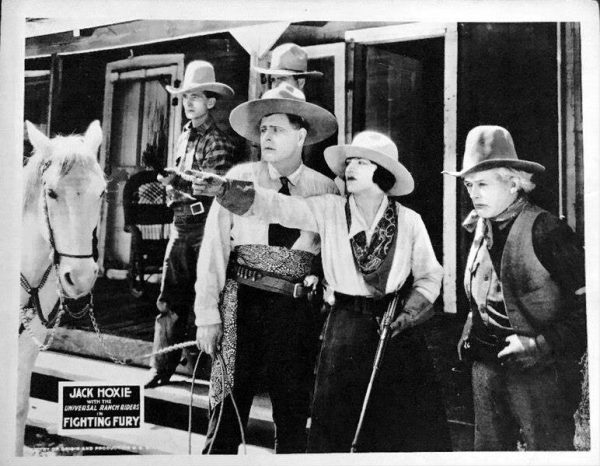Author Archive

NEW HEALTH AND SAFETY PROTECTIONS FOR DOMESTIC WORKERS
Some Now Covered by Cal/OSHA Safeguards
Under SB 1350, effective July 1, 2025, some domestic workers are now covered by Cal/OSHA employee protections.

NO TIME LIKE THE PRESENT
Workplace Policy Handbook & Forms for 2025
We are half-way through the year. If you haven’t yet secured your 2025 updated template policy manual and “hire-to-fire” forms, the time is now.

IT’S HOT AGAIN
Ramp Up Heat Illness Prevention Measures
Cal/OSHA recently reminded employers of their obligation to prevent worker heat illness, outdoors and indoors. With temperatures rising into the 90s and 100s in some locations, such measures are necessary to prevent serious injury.

RIGHTS INSIGHTS
Employers Must Distribute Updated Victims Pamphlet
California’s Civil Rights Department has released the new “Survivors of Violence and Family Members of Victims Rights to Leave and Accommodations” pamphlet as required by Assembly Bill (AB) 2499.
Starting January 1, 2025, AB 2499 strengthens protections for employees affected by qualifying acts of violence, such as domestic violence, sexual assault, stalking, and other violent threats or acts. Employers must provide protected leave, reasonable accommodation, and prohibit retaliation against those asserting these rights.

KNOW THE NO NOS
Mandatory Sexual Harassment Prevention Training
Every two years, employers with five or more on payroll must provide at least two hours of classroom or other effective interactive sexual harassment prevention training and education to all California supervisory employees and at least one hour of such training to all nonsupervisory employees working on-site or remotely within California. New employees must complete this training within six months of hire.

THE PURSUIT OF PEACE
Review and Retrain: Workplace Violence Prevention Plan
Beginning July 1, 2024, most California employers must establish a Workplace Violence Prevention Plan (WVPP) for each work site, provide violence prevention training, and maintain incident logs and records of investigations and hazard assessments.

SOLID FOUNDATIONS
Workplace Policy Handbook & Forms for 2025
Basic written office policy and procedures geared toward production create an easily navigable workplace. Our “hire-to-fire” forms and template policy manual, all updated for 2025, can help reduce the inter-staff confusions that plague production.

CALIFORNIA NEW MINIMUM WAGE RATES TAKE EFFECT IN JULY
Effective July 1, 2025, several California cities and counties will implement increases to their local minimum wage rates.

MAJORITY DISCRIMINATION
US Supreme Court Levels the Playing Field
In Ames v. Ohio Dept. of Youth Services (Ames), the United States Supreme Court unanimously overturned a higher standard that some federal appeals courts were imposing on majority group members claiming workplace discrimination.

AT-WILL POWER
The Scope of an At-Will Employment Relationship
“[M]en must be left without interference … to discharge or retain employees at will for good cause or for no cause, or even for bad cause without thereby being guilty of an unlawful act per se. It is a right which an employee may exercise in the same way, to the same extent, for the same cause or want of cause as the employer. Payne v. Western & Atlantic Railroad, 81 Tenn. 507 (1884).
The kernel thus planted in Tennessee some 140 years back, “at will” employment has evolved in every American state except Montana as the right of either employer or employee to terminate their relationship for any or no reason at any time, with or without advance notice.
